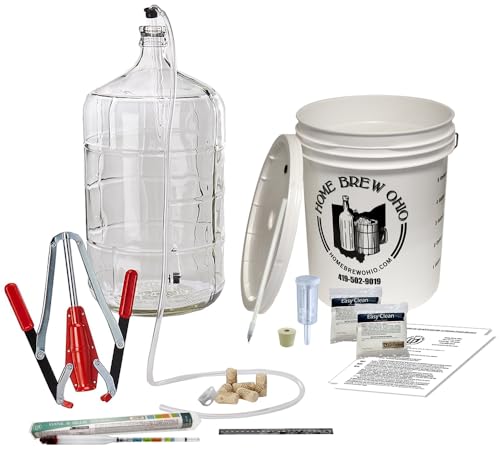maan
Junior
Hi,
This is my 2nd batch of home made wine. I did Cab and Zinf back in 2021, which turned out pretty good.
Y'day I tasted my 2022 Merlot from one of the carboys, this is my 2nd tasting it. The first one was in early 2024. I feel like
it's turning bitter, especially the after taste. It tastes pretty good at the pallet in the beginning but the after taste is very bitter.
What could be going on ? Is there a way to fix it ?
Thanks in advance for the help.
-Maan
This is my 2nd batch of home made wine. I did Cab and Zinf back in 2021, which turned out pretty good.
Y'day I tasted my 2022 Merlot from one of the carboys, this is my 2nd tasting it. The first one was in early 2024. I feel like
it's turning bitter, especially the after taste. It tastes pretty good at the pallet in the beginning but the after taste is very bitter.
What could be going on ? Is there a way to fix it ?
Thanks in advance for the help.
-Maan

































